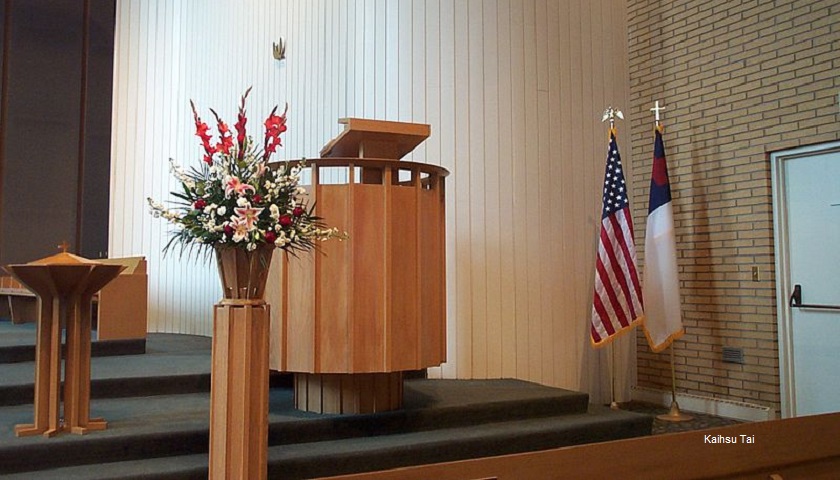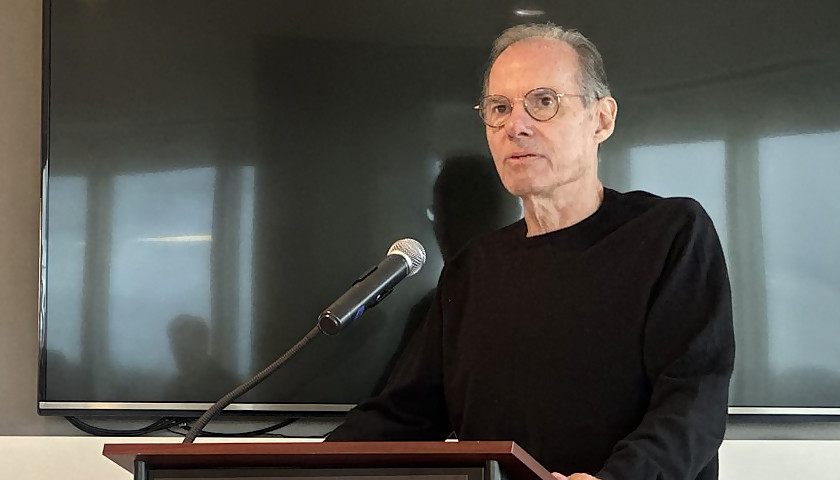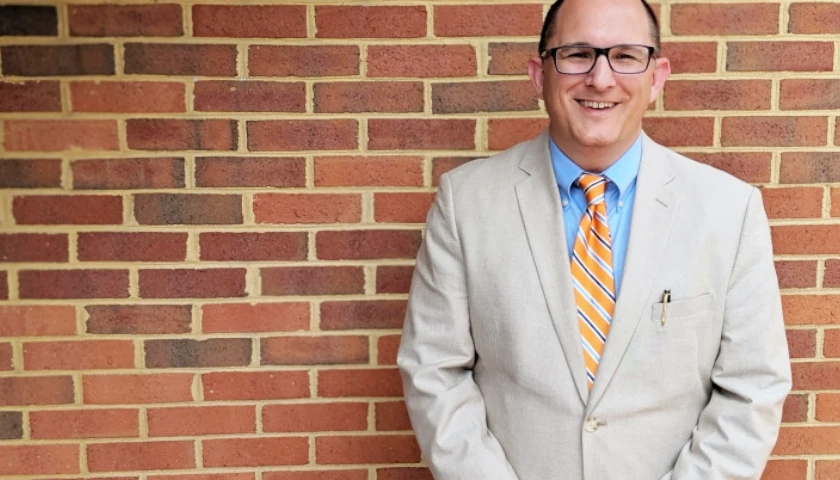David Fowler, president of the Family Action Council of Tennessee, is making a unique comparison between the recent defeat for religious liberty in an LGBT case in Washington state and a case more than 100 years ago in which the U.S. Supreme Court upheld a law punishing polygamy.
In both cases, courts upheld an underlying moral code, Fowler says. The difference between then and now is that the moral code has changed
“What has changed – and it explains why polygamy could be banned in 1879 and why it will not be able to be banned in the coming years – is the religious beliefs that informed our laws back then. We no longer believe that God has imposed any laws on the social order that all must recognize, including those who make our civil laws,” Fowler wrote in his blog.
In 1879 in Reynolds v. United States, the U.S. Supreme Court ruled against George Reynolds, a Mormon and resident of Utah territory who argued that marrying more than one woman was integral to his religious faith. The high court said that allowing it would make an individual’s religious belief superior to the law of the land.
Last month, the Washington State Supreme Court ruled against Barronelle Stutzman, a florist who declined to provide a floral arrangement for a same-sex wedding ceremony because of her Christian religious belief. She was found to be in violation of a state statute prohibiting discrimination based on sexual orientation. The ruling requires her to pay attorney fees accumulated by the American Civil Liberties Union in suing her. Fees for each side in cases like this are hundreds of thousands of dollars or more, according to Alliance Defending Freedom, which has provided her defense.
The 72-year-old grandmother, who owns Arlene’s Flowers in Richland, Washington, plans to appeal her case to the U.S. Supreme Court. Christian conservatives say her case and others like it illustrate why President Trump should act to protect religious liberty.
In a statement, Alliance Defending Freedom Senior Counselor Kristen Waggoner said, “It’s unbelievable to think that Barronelle Stutzman, a small business owner and creative professional who loves and respects everyone who walks through her shop’s doors, stands to lose all that she owns – her retirement, her life savings, her home – simply for declining to create custom expression for one event that violated her conscience for a long-time friend and customer.”
Waggoner noted that Stutzman had created floral arrangements for the customer dozens of times over a period of nearly 10 years and that many of those arrangements were for his partner. “One time, in all those years, she declined to create a specific message that conflicted with her deeply held beliefs about marriage,” Waggoner said. “And Rob and Curt had no trouble obtaining wedding flowers from two other local floral design artists. The only damages they claim are $8 in gas to go there instead.”
Waggoner said the case was brought to crush dissent. “Freedom of speech and religion aren’t subject to the whim of a majority; they are constitutional guarantees,” she said.
Even if President Trump were to issue an executive order protecting religious liberty, Alliance Defending Freedom still plans to petition the U.S. Supreme Court in the Stutzman case. “Because that freedom is clearly at risk for Barronelle and so many other Americans, and because no executive order can fix all the threats to that freedom, we will ask the U.S. Supreme Court to hear this case and reverse this grave injustice,” Waggoner said.
Fowler of the Family Action Council of Tennessee said Christians shouldn’t be surprised by the defeat for religious liberty before the Washington State Supreme Court.
“Over the last century, the Christian church became complicit in this cultural change in the religious underpinnings of our legal structure by making Christianity a matter of strictly personal behavior and by not wanting our ministers to discuss the issues of our day from the pulpit,” he wrote. “The church is now reaping the fruit of the pietism and cultural silence it has sown.”






[…] announced it would be appealing to the U.S. Supreme Court a ruling in Washington state against a florist who declined to provide a floral arrangement for a same-sex […]